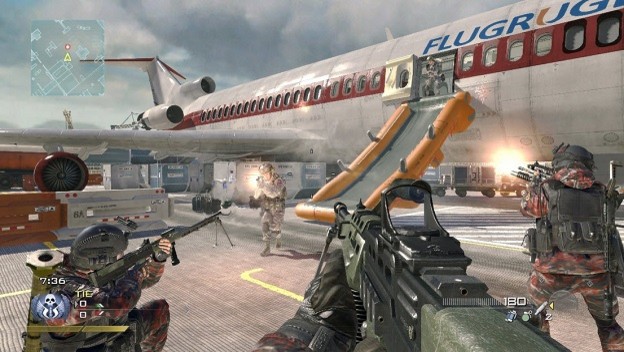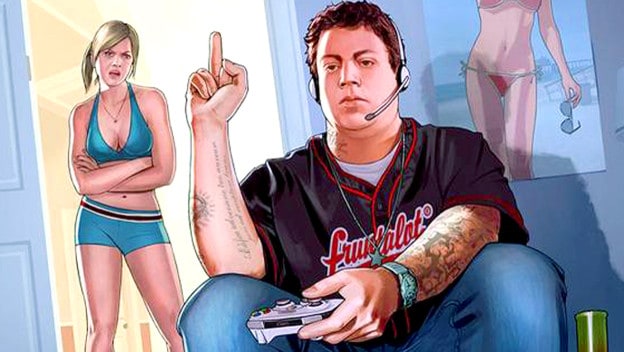In order to sell a product, it is paramount that the consumer is, at the very least, aware of said product. One tried and true way to do this is to air infectious commercials on television and radio. Buying up advertisement space on a website is also a good way to spread awareness. Perhaps, though, the most effective means of informing the public is through controversy, manufactured or incidental. After all, there really isn’t such a thing as bad publicity, is there? The video game industry seems to prove this notion time and time again.
The Game Theorists Youtube channel covers how this particular truth presents itself in gaming in a video that focuses on the very popular Grand Theft Auto franchise as its primary piece of evidence. Through research, commentator MattPat learns how UK-based publicist, Max Clifford, a man responsible for the headline “Freddie Starr Ate My Hamster,” brought questionable marketing tactics into the realm of video games.
Max predicted that the first Grand Theft Auto title could be marketed through outrage, and eventually saw that the game was a topic of debate for British Parliament. Since the original title, the series has gone on to inspire other controversies, be it through the infamous Hot Coffee mod that allowed hackers to see some graphically crude, simulated sex, or the times Jack Thompson, anti-game activist, used the game as fodder in his debates. In fact, Jack Thompson, now disbarred, has unintentionally publicized many games by using them as a scapegoat for national tragedies. Recently, on the release of Grand Theft Auto V , Thompson stated that gamers were too “brain-impaired” to see that games cause violent behavior in humans. Stories such as this inspire headlines, which spreads brand awareness like wildfire.
Of course, Grand Theft Auto isn’t the only popular series to have its fair share of controversy. The now ubiquitous Call of Duty franchise is no stranger to public outcry. In Call Of Duty: Modern Warfare 2, players take on the role of an undercover soldier in a level set in an airport. In order to blend in, they are made to shoot a veritable butt-ton of unarmed civilians. The game developers allow you to skip this potentially objectionable content, but its inclusion in the game at all was enough to upset some. In the opening of Call of Duty: Black Ops, players are asked to pull the trigger and kill Fidel Castro. The depiction of killing an actual, living, breathing human leader in a game was shocking, and readily publicized.

There are numerous reasons creating controversy is such a successful marketing tactic. Part of the blame lies on new media, where site impressions are a key component of revenue. Factors like the commercial bias and expediency bias render fast reporting with minimal fact checking a premium in the field. Controversy breeds discussion, and people are compelled to debate over what is too violent and what is potentially sexist. Controversy is almost guaranteed to imbue an article with valence.
When something is controversial, it often seems to sell. It doesn’t seem to matter if some people are morally outraged by something, most people want to see what all the fuss is about. They’ve heard about it and they want to form their own informed opinion. After all, if something can warrant so much conversation, then it would be a shame to not check it out. Such tactics are probably even more prominent than any of us can ever really know. But, even being aware of manufactured controversy, is there any way we can be immune to it? The draw is often just too strong for people to resist.
